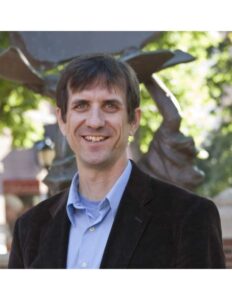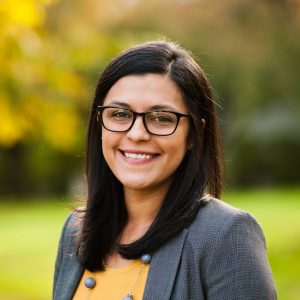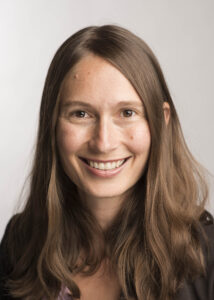Democracy Matters In Teaching
Welcome to the Wabash Center's blog series:
Democracy Matters In Teaching
Democracy, the principle of fair and equal treatment of everyone in a state, community, or institution, is the ultimate equity strategy. Democracy is complicated. In this time of competing agendas, crises, societal upheaval, and multiple pandemics, no singular idea of democracy can be taken for granted. The great experiment of democracy is, like liturgy, the “work of the people.” The Wabash Center is opening a discursive lane in our blogosphere for varied voices across the fields to consider the ramifications of democracy in our religion and theology classrooms.
In this new series (blog, vlog, artwork), we invite scholars to consider the role of religion in democracy and likewise, the role of democracy in teaching religion and theology.
- How do notions, practices, and rituals of democracy shape our pedagogies, teaching practices, and lives as teachers?
- What understandings of democracy do students bring into educational institutions, and how does that shape the work of teaching?
- What impact do these understandings of democracy have on student formation and the leadership students provide in their communities?
- What does it mean to teach democracy when democracy is a blatantly contested ideal in the wider society?
We invite bloggers and video-loggers across the fields of religion and theology, as well as interdisciplinarians, to engage the conversation on "Democracy Matters in Teaching."
Instructions for blog writers and vlog makers:
https://www.wabashcenter.wabash.edu/resources/blog/instructions-for-blog-writers/. The instructions are focused on written blogs, yet the same principles apply to vlog creation as well.
Honorarium: Writers will be provided with a $100 honorarium for each blog or vlog post that is published on the Wabash Center website.
Sign up for our eNewsletter to receive timely announcements of Wabash Center programs.
Recent Posts
Select an item by clicking its checkbox
Our only chance to achieve collective happiness comes through extensive conversation punctuated here and there with votes, which will themselves over time, in their imperfections, simply demand of us more talk. ~ Danielle Allen [1] I grew up during the transition from handwritten comments on high school report cards to a pre-populated ...
A quilt is an extraordinarily familiar and surprisingly profound item. Owned by many, quilts are remarkable cultural artifacts—a factor not lost on many of our students, who are from a region with a rich history of quilting. In the Fall of 2019, I asked my students to create a community ...
As religious and theological educators, one way to encourage democratic formation among our students is to teach about democracy, especially about the historical relationship between religious institutions and democracy. Another way is to provide opportunities for students to practice democracy. In other words, we might consider how our classrooms and ...
As a theological educator, I’m used to having to make a case for why studying the history of religious movements in the United States is exciting. It’s very common to hear students say at the beginning of a course that history is boring or tedious or not worth ...
In Interfaith Justice and Peacemaking, an integrative core class which explores the history of tolerance, intolerance, and interfaith efforts in the United States, one of the core texts we use is Eboo Patel’s Out of Many Faiths: Religious Diversity and the American Experience (2018). Central to Patel’s argument is ...




